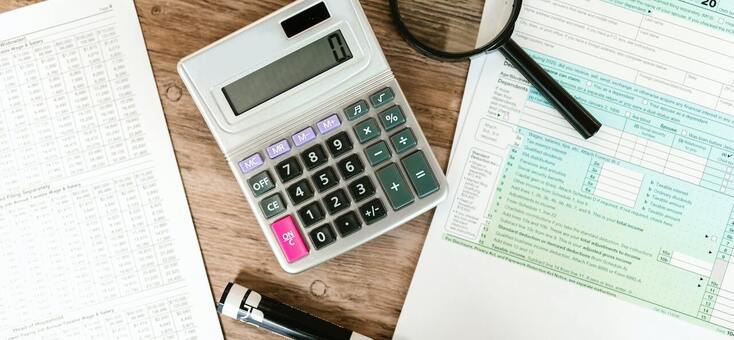Tax saving strategies
Foreign tax credit carryover: A comprehensive guide for US expats
Tax saving strategies

Foreign Earned Income Exclusion vs Foreign Tax Credit: Which one should you use?
Tax saving strategies

Where to report foreign income on Form 1040 – and how to exclude it legally
Tax saving strategies

What is double taxation: How it works & ways to avoid it
Tax saving strategies

Foreign Earned Income Exclusion (FEIE): Complete guide 2026
Tax saving strategies

Understanding the foreign tax credit: A comprehensive guide for US taxpayers abroad
Tax saving strategies

Foreign Housing Exclusion for US expats: Rules, limits, and how to claim
Tax saving strategies

IRS Form 3903: The complete guide to claiming moving expenses for active-duty military
Tax saving strategies
Form 7202: Your last chance to claim COVID sick & family leave credits in 2025
Tax saving strategies

Common international tax forms and foreign withholding forms: A guide for US taxpayers
Tax saving strategies

Form 1099-C: Cancellation of Debt [Do you owe taxes on forgiven debt?]
Tax saving strategies

Tax refund delay: Why it’s taking so long & how to fix it
Tax saving strategies

Section 83(b) election: maximizing tax savings on stock-based compensation for startups and employees
Tax saving strategies